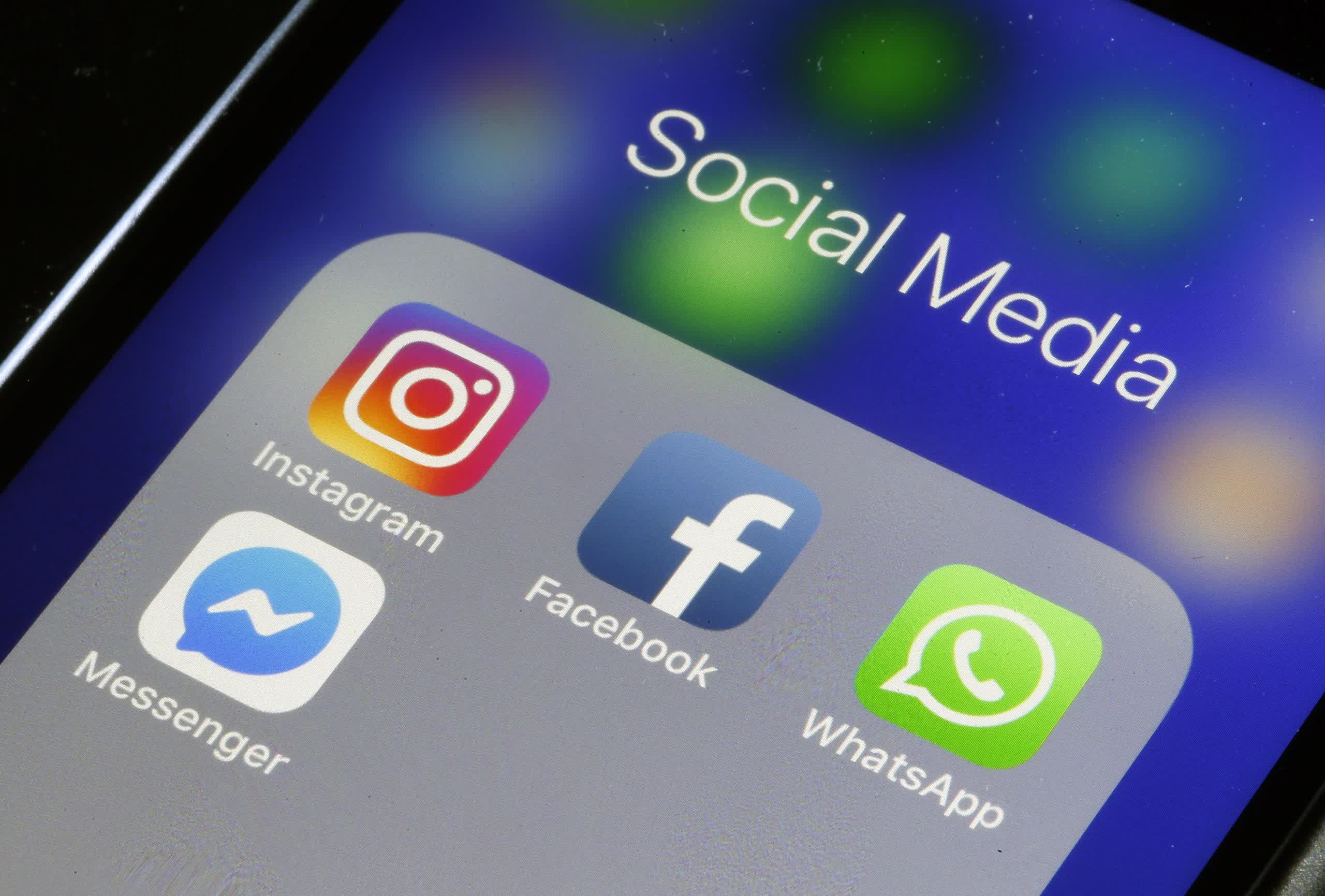
In context: Throughout this week, social media companies and the tech industry as a whole have taken various actions against Russian state media amid the country’s invasion of Ukraine. Russia has reportedly started retaliating against them as well, as Western news outlets and app stores.
On Friday, Russian authorities announced they are blocking Facebook in response to the company’s recent actions against Russian state media. Reports indicate Russia has already blocked multiple social media networks, app stores, and Western news networks. This comes following restrictions Russia had already begun at the end of last week.
The head of Der Spiegel tweeted that Russia blocked Facebook, Twitter, BBC, Deutsche Welle, and various app stores. According to numerous reports, Facebook and Twitter are now inaccessible in Russia even through VPNs, but Instagram and the Google Play Store still load (as of writing).
“We are moving swiftly to take new steps to reduce the exposure of Russian state propaganda…” – Brad Smith, Microsoft president and vice chair
Russian authorities are referring to actions from Facebook which started over the weekend, when the social media company blocked state media outlets RT and Sputnik in the European Union. Worldwide, Meta has also started demoting content from Facebook and Instagram accounts linked to Russian state media.
Russia blocks Twitter, Facebook, BBC, Deutsche Welle, App Stores
— Mathieu von Rohr (@mathieuvonrohr) March 3, 2022
Taking a similar stance, Twitter started attaching warnings to tweets containing links to sites associated with Russian state media. Google blocked RT’s and Sputnik’s YouTube channels in Europe.
TikTok also blocked RT and Sputnik in the EU. Microsoft removed RT news apps from the Windows app store, started demoting RT and Sputnik search results in Bing, and banned advertisements from those outlets on its platforms.
“We are moving swiftly to take new steps to reduce the exposure of Russian state propaganda, as well to ensure our own platforms do not inadvertently fund these operations,” Microsoft president and vice chair Brad Smith said in a blog post.